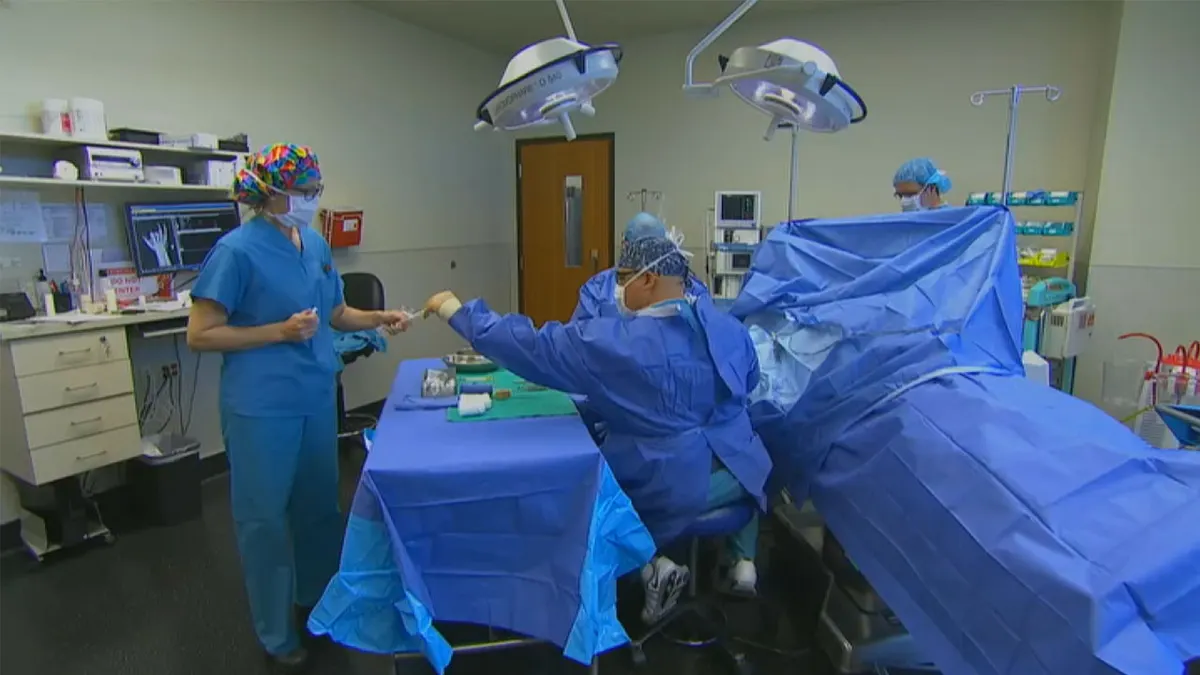The Health Tourism Expo, held in London last month, showcased a broad spectrum of medical services ranging from organ replacements and obesity surgeries to Brazilian butt lifts and hair transplants. This event, a two-day sales conference, attracted numerous doctors and hospital representatives promoting surgical procedures, particularly from Turkey.
These clinics often appeal to British tourists seeking affordable surgeries, with many offering inclusive packages that cover flights and accommodations.
The QEII Centre, where the expo took place, featured numerous exhibitors including the Association of Turkish Travel Agencies. This organization and others at the event were focused on coordinating travel arrangements for individuals undergoing medical procedures.
Various chambers of commerce from Turkish cities also participated, highlighting the growing network of hospitals and clinics available to international patients.
The surge in surgical tourism is evident from recent statistics: the number of British residents traveling abroad for medical treatment rose significantly from 234,000 in 2021 to 348,000 in 2022. However, despite the booming industry, there is a notable absence of regulation for promotional events like the Health Tourism Expo, raising concerns among experts about the potential risks for patients.

Health Tourism Expo Highlights Surge in Surgical Tourism and Raises Concerns Over Regulation
The Guardian reported an increase in complications for individuals who sought medical treatments abroad, with six British deaths in Turkey in 2023 and a 94% rise in UK patients requiring follow-up care after cosmetic procedures overseas.
The British Association of Aesthetic and Plastic Surgeons (BAAPS) highlighted that most of these cases involved procedures performed in Turkey, with substantial costs to the NHS for subsequent treatments.
Regulatory bodies in the UK, including the General Medical Council, the Care Quality Commission, and the Advertising Standards Authority (ASA), have expressed limitations in overseeing events like the Health Tourism Expo.
While the ASA regulates surgical tourism advertisements, it does not cover the promotional activities within such expos. The Department of Health and Social Care noted that these events are outside their regulatory scope, focusing instead on ensuring UK doctors provide accurate licensing information.
Experts argue that the current consumer protection laws are inadequate for addressing the complexities of surgical tourism. Omar Ahmed from the British Association of Plastic, Reconstructive, and Aesthetic Surgeons emphasized that, unlike product defects, complications from surgical procedures offer no straightforward remedies.
Mark Soldin, a consultant surgeon, called for stricter government regulation of these marketing events to prevent potentially harmful practices and better protect patients.











































